General description
The serine/threonine kinase Akt family contains several members, including Akt1 (also designated PKBα or RacPK), Akt2 (also designated PKB-β or RacPK-β) and Akt3 (also designated PKB-γ or thyoma viral proto-oncogene 3). Akt1 and Akt2 are activated by PDGF stimulation. This activation is dependent on PDGFR-β tyrosine residues 740 and 751, which bind the 85 kDa subunit of the phosphatidylinositol 3-kinase (PI 3-kinase) complex. Activation of Akt1 by insulin or insulin-growth factor-1 (IGF-1) results in phosphorylation of both Thr 308 and Ser 473. Phosphorylation of both residues is important to generate a high level of Akt1 activity, and the phosphorylation of Thr 308 is not dependent on phosphorylation of Ser 473 in vivo. Thus, Akt proteins become phosphorylated and activated in insulin/IGF-1- stimulated cells by an upstream kinase(s). The activation of Akt1 and Akt2 is inhibited by the PI kinase inhibitor wortmannin. Taken together, this data strongly suggests that the protein signals downstream of the PI kinases.
Specificity
Predicted cross-reactivity with rat, bovine, chicken, and Xenopus based on immunogen sequence homology.
Recognizes phosphorylated Akt1/PKBα, Mr 60 kDa. Cross-reactivity to phosphorylated Akt2 and Akt3 likely based on sequence homology.
Immunogen
Epitope: Phosphorylated Ser473
Peptide containing a pSer that corresponds to amino acid position 473 of human Akt1/PKBa
Application
Anti-Akt1 Antibody, clone SK703 detects level of phospho-Akt1/PKBα (Ser473) & has been published & validated for use in WB.
Research Category
Signaling
Research Sub Category
PI3K, Akt, & mTOR Signaling
Quality
routinely evaluated by immunoblot on lysates from mouse NIH-3T3 fibroblasts treated with PDGF
Target description
60kDa
Linkage
Replaces: 05-736
Physical form
Cultured supernantant in 0.05% sodium azide
Storage and Stability
Stable for 1 year at -20°C from date of receipt. Handling Recommendations: Upon receipt, and prior to removing the cap, centrifuge the vial and gently mix the solution. Aliquot into microcentrifuge tubes and store at -20°C. Avoid repeated freeze/thaw cycles, which may damage IgG and affect product performance.
Analysis Note
Control
Untreated and PDGF treated NIH-3T3 fibroblasts.
Legal Information
UPSTATE is a registered trademark of Merck KGaA, Darmstadt, Germany
Disclaimer
Unless otherwise stated in our catalog or other company documentation accompanying the product(s), our products are intended for research use only and are not to be used for any other purpose, which includes but is not limited to, unauthorized commercial uses, in vitro diagnostic uses, ex vivo or in vivo therapeutic uses or any type of consumption or application to humans or animals.
- UPC:
- 51202301
- Condition:
- New
- Weight:
- 1.00 Ounces
- HazmatClass:
- No
- WeightUOM:
- LB
- MPN:
- 04-736
- Product Size:
- 736












